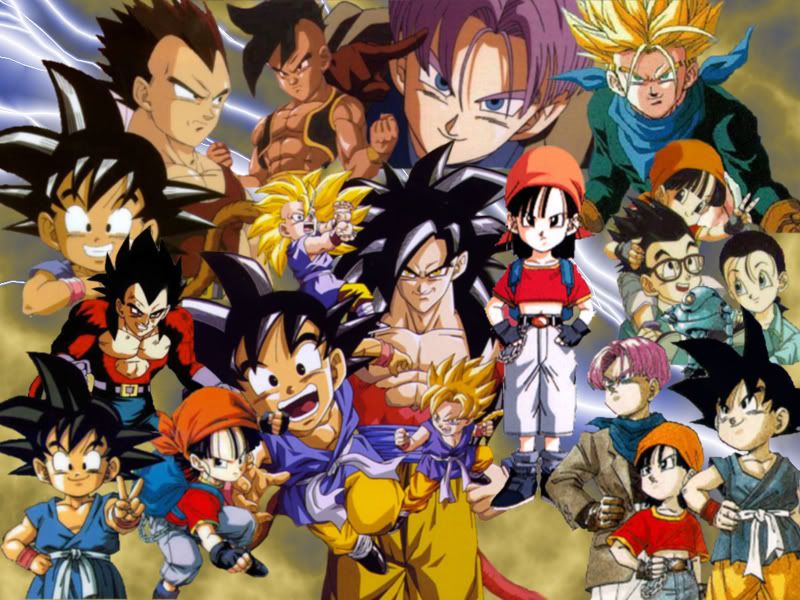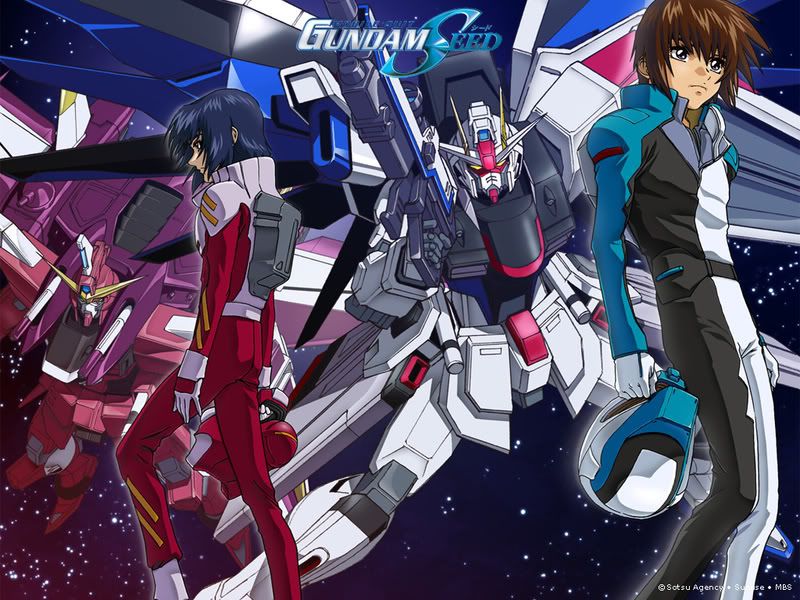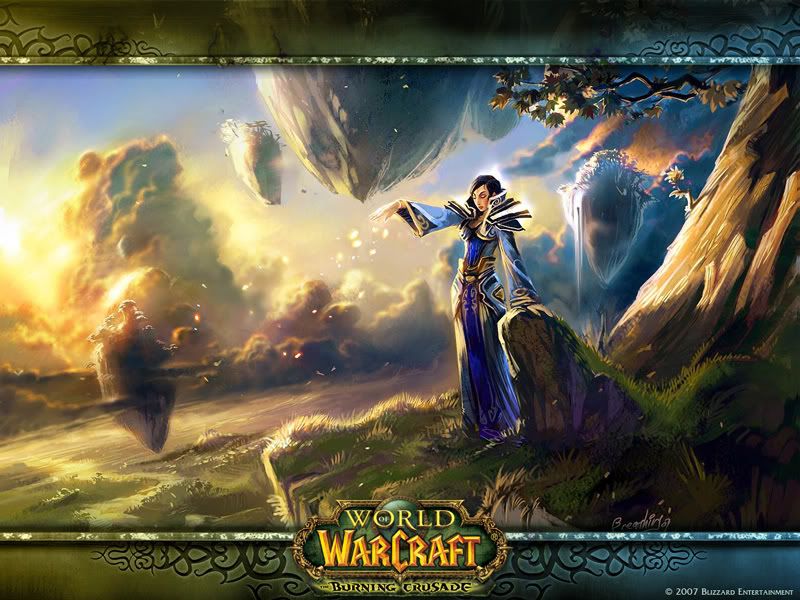Today I want to focus on the story of Sega post Sega Saturn age particularly because the story just isn't really well known to the American audience--to my knowledge (and I'm sorry I don't really have websites as references), Saturn was simply DOMINATING the market in Japan against PSX...hard to believe right? First, you have to understand a bit about the Japanese culture
In Japan, Anime (which is basically their version of cartoon...things like Dragonball, Pokemon and Digimon are Anime because they originated from Japan...Simpsons, Futurama and South Park would be cartoons since they originated from U.S.) has been around for as long as I can remember. You might have heard of it because its popularity has been increasing at an exponential rate recently. To show how they're different, here are few screenshots from some Anime series



And here are some of screenshots from American cartoons



(I'm sorry if the photo sizes are all different...I don't know how to change them without affecting the quality of the photos)
There are numerous types of Anime--comedy, romance, action, horror, thriller, etc. What Sega did is offer many Anime-esque games...
Credit to MedionSF
Credits to tapamn
They offered a really unique gaming experience--so unique, in fact, that Sega of America judged that the American market was not ready for these anime-esque games (which is really what made Saturn so popular...I've played some of these great games since I was still living in Korea) and decided to publish more Arcade-based games, like Virtual Cop...Sega Rally Game...etc. Fortunately for Sony, Final Fantasy VII was a global success, which established PSX as THE system for RPG (and other blockbuster) games and Sega started to trail behind. Rest is history--Dreamcast came out...did OK until PS2 came out...Sega ended up leaving game hardware market.
I still remember when I returned to America, I immediately bought a Sega Saturn because the system had many great games...however, I found out that none of them left Japan (and since I was 9 years old back then, I didn't fully understand why). I ended up buying PSX because of FFVII and other great RPGs that followed afterwards (most of which weren't for Sega Saturn); I also bought Sega Dreamcast on its debut day because I still had faith in Sega, but Sega was basically dying by that point and Sony was the game console leader.
IF the Anime industry was as well established back then as it is today, and IF Sega of America brought all of its successful (which were all anime-esque games), then I truly believe that Sega would have beaten Sony in game console market...however, Saturn simply was not ready for the American market and Sony was fortuitous to have FFVII in its lineup
From next blog post, I'll briefly cover PS2 and finally move on to World of Warcraft--what the hell is it? Why is it so popular? Etc etc.
EDIT:
I forgot to mention...
Also, Genesis (and as matter of fact SNES) also had these anime-esque games--again, from what I heard from my cousins, Genesis was also doing better than SNES in Japan. Sega had a dedicated fanbase prior to Saturn's release, which just contributed to its dominance in Japan
I came across a youtube video, showcasing some of unreleased SNES (which is known as Super Famicon in Japan) games, just to give a flavor of what the American market missed out
Credit to Gaian000
Note: the FIRST game that's shown on the video is based off an Anime "Yu Yu Hakusho"
My-interesting-exit-link-of-the-post:
Gamer's Haven
It's arguably THE BEST RESOURCE SITE for all your console gaming needs...basically all the guides and reviews they have are written and updated BY gamers FOR gamers
